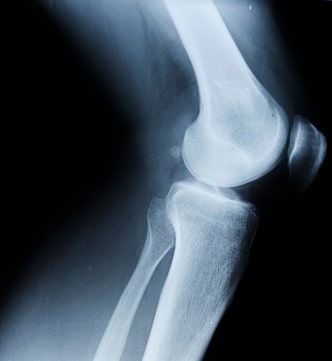
Vitamin D
Vitamin D is important for maintaining adequate blood calcium levels. When calcium levels drop, vitamin D steps up to the plate to boost calcium absorption from the digestive tract. It also reduces the excretion of calcium in the urine and plays a role in bone remodeling.
You can get adequate vitamin D by exposing your skin to the sun for at least 15 minutes several times a week, but if you live in an area without enough sunlight, you may need a supplement. Up to 75% of the population has vitamin D levels that aren’t optimal for good health.
Another source of vitamin D is fatty fish such as salmon. If you shun the sun, it’s a good idea to get your vitamin D level checked not only for your bones but for your overall health. The importance of vitamin D for good health is increasingly being recognized.
Protein
Experts used to believe that too much animal protein contributed to bone loss, but more recent research shows differently, In fact, adequate amounts of dietary protein are important for healthy bones. Protein improves bone health by increasing calcium absorption from diet and by working in conjunction with a bone-building hormone called IGF-1. You don’t need to get your protein from animal sources to get the benefits. Vegetarian protein boosts bone health too.
Magnesium and Phosphorus
Magnesium and phosphorus work in partnership with calcium to boost bone health. Most people get more than enough phosphorus in their diet, but not everyone gets enough magnesium. Older folks, those with diabetes, alcoholics, people with intestinal absorption problems and those who take diuretics for blood pressure control are at higher risk for magnesium deficiency. Good sources of magnesium are whole grain foods, nuts, lentils, beans, and tofu. Magnesium is involved in over 300 reactions in the human body. It’s a mineral you don’t want to be deficient in.
Vitamin K
Vitamin K is best known for its role in helping the blood to clot, but it’s also important for bone health. A study published in the journal Nutrition showed that vitamin K increases bone density and reduces the rate of fractures in people with osteoporosis. Vitamin K also influences calcium metabolism.
There are two types of vitamin K, vitamin K1, and vitamin K2. Vitamin K1 is abundant in green, leafy vegetables, while vitamin K2 is found in fermented foods such as fermented cheese. Both forms appear to be important for healthy bones.
The Bottom Line?
Calcium is critical for bone health, but it works in conjunction with other nutrients to protect against bone loss and osteoporosis. Drink your milk, but make sure you’re getting enough of these other bone-healthy nutrients too.
References:
Curr. Opin. Clin. Nutr. Metab. Care. 2001 Nov 4 (6). 483-7.
Nutrition 2001. Oct; 17 (10): 880-7.
The Nutritionist. Robert Wildman, Ph.D. 2002.
Related Articles By Cathe:
If You Have Strong Muscles, Are You More Likely to Have Strong Bones?
How the Female Spine Changes with Age and Why It Matters
5 Ways Exercise Slows Down the Aging Process
Can Walking Lower Your Risk of Osteoporosis?
Is Resistance Training Better Than High-Impact Aerobics for Bone Health?
Resistance Training or Aerobic Exercise: Which Is Best for Increasing Bone Density?

